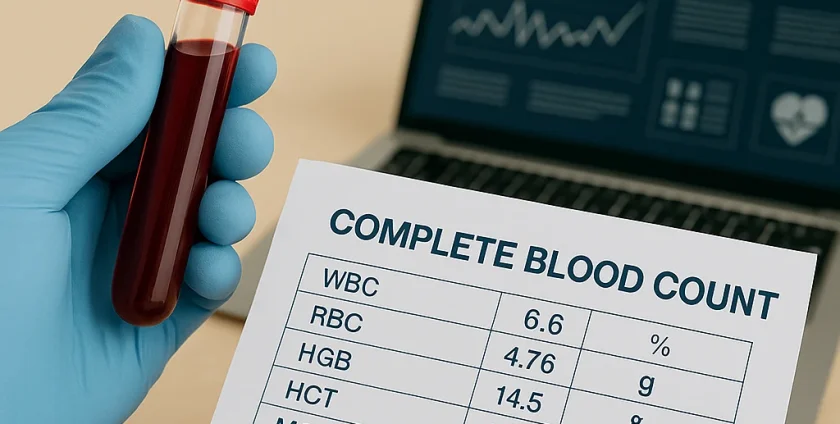
A complete blood count (CBC) is one of the most fundamental laboratory tests in medicine, offering a detailed blood test interpretation of key components like red blood cells (erythrocytes), white blood cells (leukocytes), and platelets (thrombocytes). The results of this blood test provide invaluable insights into a patient’s overall health, helping detect conditions such as anemia, infections, or hematological disorders. On the website old.itsmybloodtest.com, you can find a comprehensive description of this blood test’s role in precise diagnostics.
In today’s rapidly evolving technological landscape, the integration of CBC results with digital clinical decision support systems (CDSS) plays a pivotal role. CDSS tools process vast amounts of medical data and recommend diagnostic or therapeutic actions. Within this context, the term Digital Decision Support Tool (DDST) emerges, representing advanced data analysis algorithms that incorporate individual patient parameters and serve as a critical complement to CDSS.
CBC is particularly vital in the early detection of inflammatory conditions, immune system disorders, and blood-related diseases. For example, elevated white blood cell counts often indicate inflammation, bacterial infections, or a stress response. Reduced red blood cell counts may signal anemia, requiring further diagnostics such as iron or ferritin level tests. Similarly, platelets are essential for proper hemostasis, and deviations in their levels may suggest clotting disorders or bone marrow diseases.
The application of DDST enhances the accuracy of interpreting blood test results. These tools identify patterns of changes in CBC parameters, suggesting potential diagnoses or even forecasting the effectiveness of treatments. By utilizing DDST, healthcare professionals can make more personalized diagnostic and therapeutic decisions. In the future, machine learning algorithms combined with CBC data and other tests will further improve the identification of rare diseases and the prevention of complications.
However, it is essential to emphasize that even the most advanced tools cannot replace the expertise of a medical professional. Technology should support, not replace, clinical judgment. DDST and CDSS systems work best in synergy, where the description of blood test data supports rational diagnostic steps.
In conclusion, CBC is the foundation of modern diagnostics, and its importance continues to grow with the advancement of analytical tools. Integrating CBC results with CDSS enhances medical data management efficiency, while DDST strengthens the potential for personalized diagnostics. As a result, patient care improves, and the time required to reach an accurate diagnosis is significantly reduced.